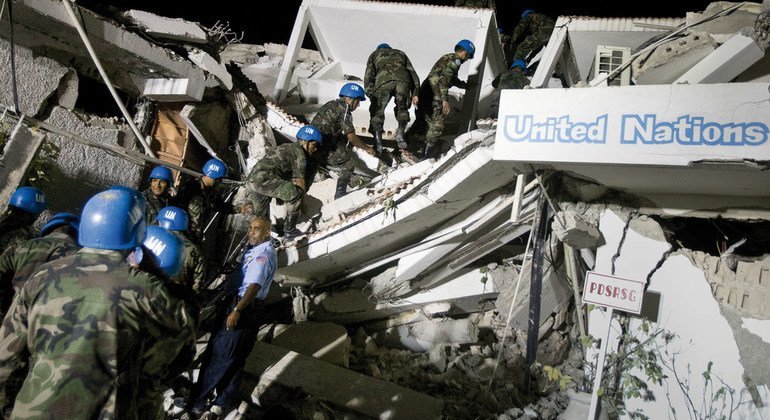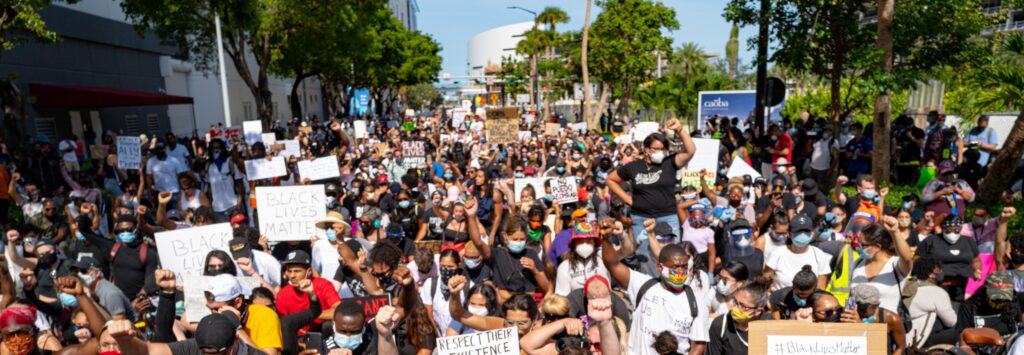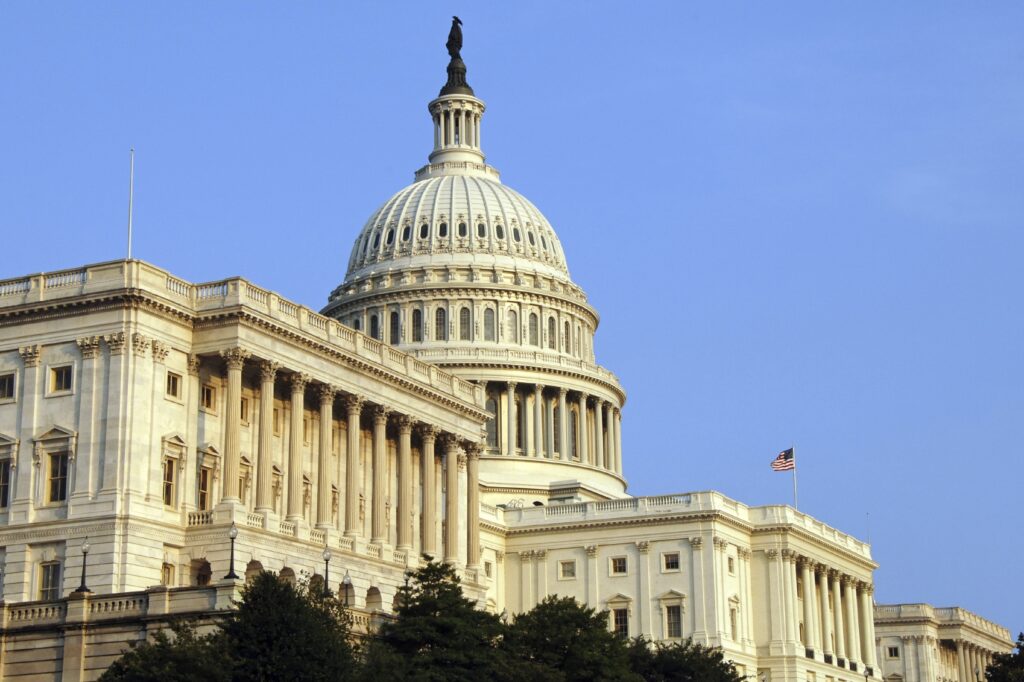On March 11, 2024, the Biden Administration released its Fiscal Year 2025 budget proposal.
Highlights of the proposal include full funding of the overall International Organizations account and the U.S. share of the UN regular budget, as well as $75 million in annual assessed dues to UNESCO. This sum is an addition to a small portion of arrears owed to the agency that the U.S. accumulated in 2011-2018. The proposed budget also reflects an increase of $26 million (above FY 2023 levels) to fulfill the first year of a commitment by WHO Member States to increase the organization’s assessed contributions by 20% to better spread financial responsibility across countries and ensure the WHO is able to respond to emergent global health threats.
“With the world facing its highest number of violent conflicts since 1945, record temperatures, soaring food prices, and massive forced migration, the world’s to-do list is daunting,” said Jordie Hannum, BWC Executive Director. “We must meet this moment with all the tools at our disposal, including a fully resourced UN.”
In the area of global health, the proposed budget sees a total overall decline of $733 million from FY 2023 enacted levels to the Global Health Programs (GHP) account. Though this decline is due to a decreased contribution to the Global Fund (there are specific matching requirements that limit the amount the U.S. can contribute), it also includes support for a new multi-year pledge for Gavi, the Vaccine Alliance, to support the organization’s next strategic period (2026-2030).
Despite some good news, however, the FY 2025 budget proposal – unlike last year – fails to push for resynchronizing payments to the UN regular budget or pay peacekeeping dues in full, which means arrears will grow beyond $1.3 billion. As Linda Thomas-Greenfield, U.S. Ambassador to the UN, has repeatedly noted, “We continue to maintain high balances on arrears and pay late; it’s China’s favorite talking point.”
Meanwhile, Congress has yet to pass the remaining FY 2024 appropriations bills that funds the UN, contributing to the current UN financial crisis and leaving essential programs in jeopardy.
Time for Congressional Action
BWC calls on Congress to complete FY 2024 appropriations bills and avoid the deep cuts of sequestration, as well as protect humanitarian and development assistance included in the National Security Emergency Package. Moreover, because the Administration’s request is presented within spending constraints laid out in the Fiscal Responsibility Act (FRA), we request Congress and the Administration work together to support no less than the Administration’s FY 2025 request for the U.S. International Affairs budget.
We urge Members of Congress to pursue full funding of the very international organizations we helped to create and rely upon to advance American interests and keep Americans safe.




